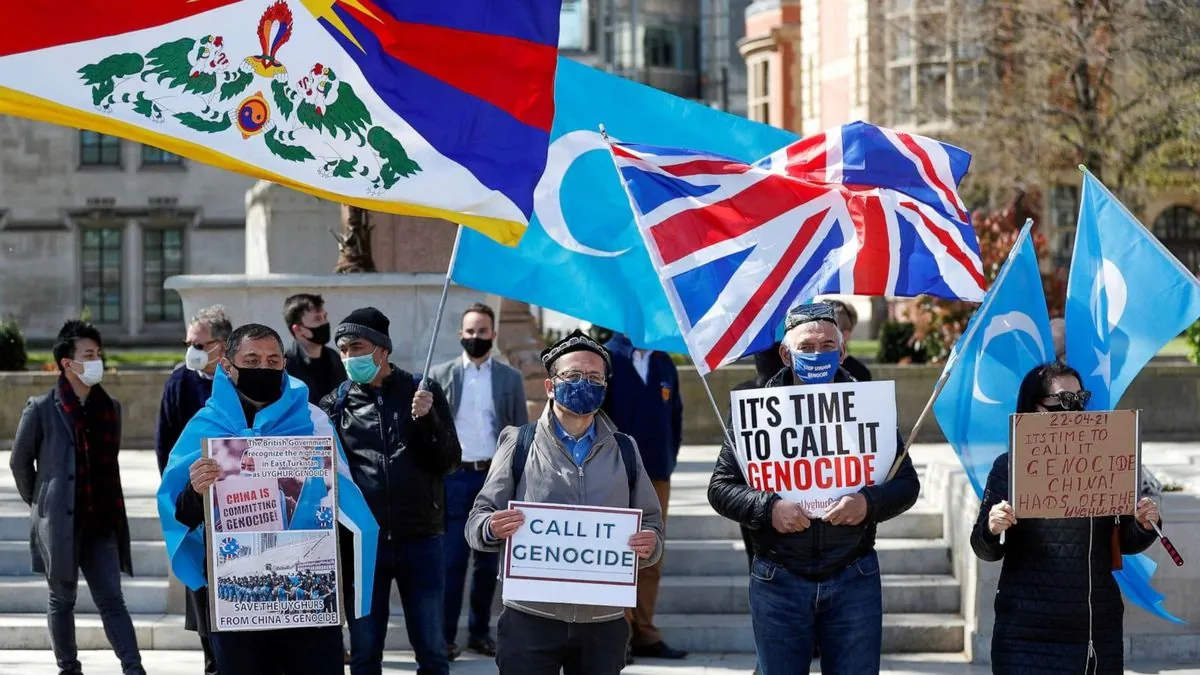Two years have passed since the United Nations released a report suggesting potential crimes against humanity in China's Xinjiang region. As the anniversary approaches on August 31, 2024, human rights organizations and the UN are renewing calls for action on the document's findings.
The report, issued by former UN High Commissioner for Human Rights Michelle Bachelet on August 31, 2022, highlighted concerns about the treatment of Uyghurs and other Muslim minorities in Xinjiang. This autonomous region in northwestern China, covering over 1.6 million square kilometers, has been the focus of international scrutiny for years.
Yalkun Uluyol, a 30-year-old researcher living in Istanbul, Turkey, shared his personal experience with Reuters. His father disappeared in 2018, and Uluyol later learned of his 16-year prison sentence in Xinjiang. He believes this harsh treatment is linked to his Uyghur identity.
"I was very happy when the report was out. But now I feel like, yes, you released a report, but so what? My life has not gotten any better. On the contrary, it's been worse."
Uluyol's frustration echoes a growing sentiment among human rights advocates who argue that China has failed to implement the UN report's recommendations, including the release of those arbitrarily detained in Xinjiang camps and prisons.
China has consistently denied any abuses in Xinjiang. In response to the 2022 report, Beijing issued a 131-page document defending its record. Lin Jian, a Foreign Ministry Spokesperson, recently reiterated that China fully protects the rights of all ethnic groups.
The current UN High Commissioner for Human Rights, Volker Türk, who assumed office in October 2022, has faced criticism for his approach to engaging with China. Some advocates, like prominent rights activist Kenneth Roth, have described Türk's strategy as "timid."
However, the UN Human Rights Office maintains that it continues to work with Chinese authorities. Ravina Shamdasani, a UN Human Rights spokesperson, acknowledged that "many problematic laws and policies remain in place" in Xinjiang and urged a full review of the situation.
As the UN Human Rights Council prepares for its September 2024 meeting in Geneva, Switzerland, calls for more decisive action are intensifying. Maya Wang, associate China director at Human Rights Watch, has emphasized the need for an update on the current situation in Xinjiang and a concrete plan to hold those responsible accountable.
The ongoing debate surrounding the Xinjiang issue highlights the complex challenges facing the international community in addressing human rights concerns. As the world marks two years since the landmark UN report, the situation in Xinjiang remains a critical test for global human rights mechanisms and diplomatic engagement.
